A strong Indigenous voice to parliament is a sign of ‘healthy democracy’
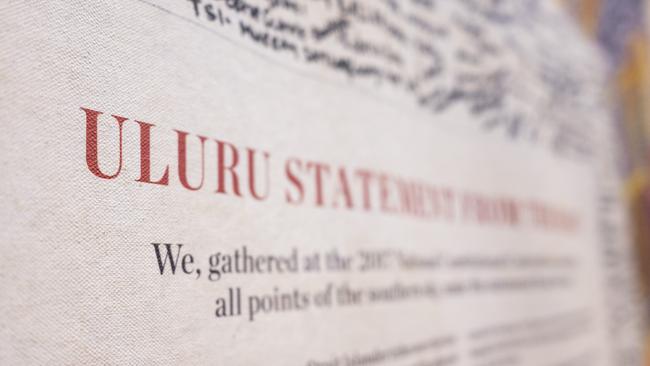
As the former chief justice of the High Court Robert French has noted: the voice is not about race, but rather “rests upon the historical status of Aboriginal and Torres Strait Islanders as Australia’s Indigenous peoples”. Indeed, the Australian Race Discrimination commissioner, Chin Tan, says the voice to parliament will lead to less racism and will promote equality, not inequality.
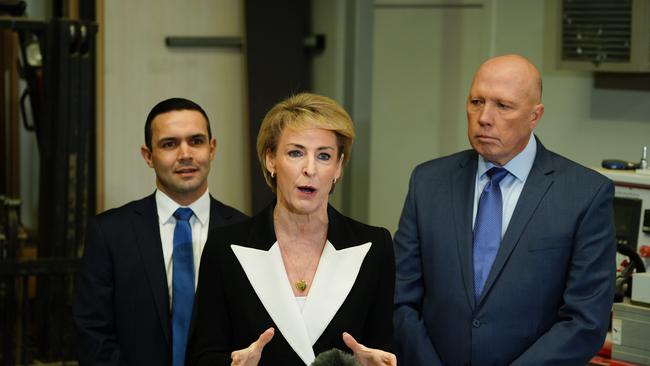
This is based on the fact that “denying Indigenous Australians a voice in decisions that affect them will only serve to maintain racial inequality and continue the marginalisation and disempowerment of First Nations people”. Thus, rather than breaching our race discrimination laws, the voice will help to prevent discrimination and alleviate inequality.
The voice to parliament is also consistent with our international law commitments, including in the United Nations Declaration on the Rights of Indigenous Peoples and the Convention of the Elimination of All forms of Racial Discrimination.
The Declaration on the Rights of Indigenous Peoples recognises the right of Indigenous people to “participate in decision-making in matters which would affect their rights, through representatives chosen by themselves in accordance with their own procedures” and governments must consult with Indigenous representative institutions “before adopting and implementing legislative or administrative measures that may affect them”. The voice is doing no more than this. It is not giving Indigenous Australians any power to veto laws and is not a “third chamber”, as critics such as Scott Morrison have claimed.
Senator Michaelia Cash also says that the voice will embed “superior rights” in the Constitution. Again, she is wrong.
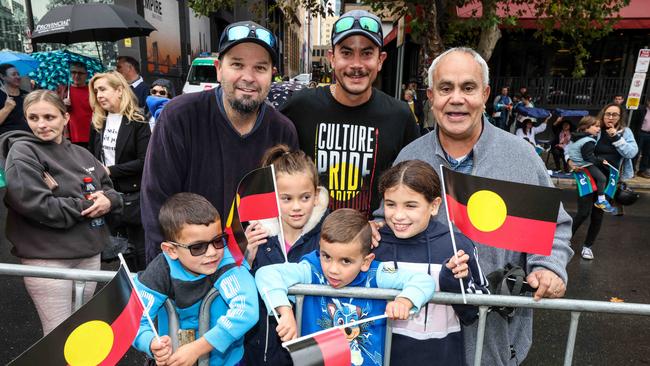
The voice does not create special rights or breach discrimination laws. Rather, it gives Aboriginal and Torres Strait Islander peoples a permanent mechanism by which they can put their views to parliament and the executive government. The constitutional amendment does not require parliament or the executive government to act on those views. All Australians have the right to make representations to parliament, which is guaranteed by the constitutionally implied freedom of political communication. Indeed, there are lobbyists who arguably enjoy very privileged access to members of parliament and who can put forward their views with much less transparency than would be the case for the voice. The secrecy that shrouds federal lobbying undermines democracy, whereas the voice will enhance democracy.
The Constitutional Expert Group, comprising nine experts (including former High Court judge Kenneth Hayne) has confirmed that the “draft amendment is constitutionally sound” and does not amount to a “veto” power or provide anyone with “special rights”.
As it currently stands, our constitution does not protect equality and actively allows for racially discriminatory laws by virtue of s 51 (xxvi) (the race power). Further, the race power has only ever been used to make laws for Aboriginal and Torres Strait Islander peoples, laws which are not required to be beneficial laws.
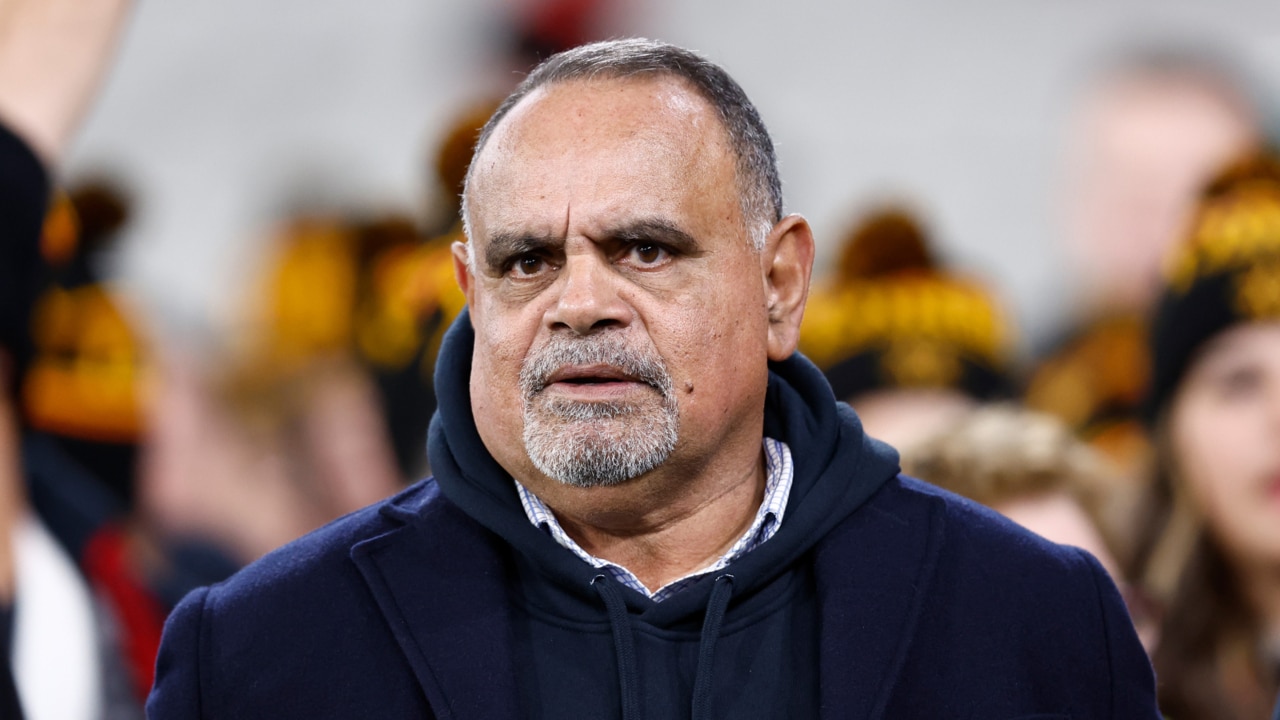
It is only fair that First Nations peoples be entitled to put forward their views to the parliament and executive government when such laws are being developed.
Cash’s claim that the voice to parliament will be divisive does not stand up to scrutiny. The voice will help to unite our nation because it will be a major step towards reconciliation. A successful referendum on the voice will mean that the Australian people have emphatically said that they want parliament to listen to First Nations people. It will be an acceptance of the invitation in the Uluru Statement from the Heart, to walk together for a better future.
There are people who disagree with the idea of the voice, and who will disagree with representations the voice might make. That is nothing to fear. A healthy democracy relies on the ability of people to be able to express their views, particularly on matters which affect them. The voice to parliament merely facilitates Indigenous Australians expressing their views on laws that affect them. It does not prevent others from expressing their views.
Professor Paula Gerber and Dr Katie O’Bryan are both experts in human rights law at Monash University and specialise in Indigenous legal rights.

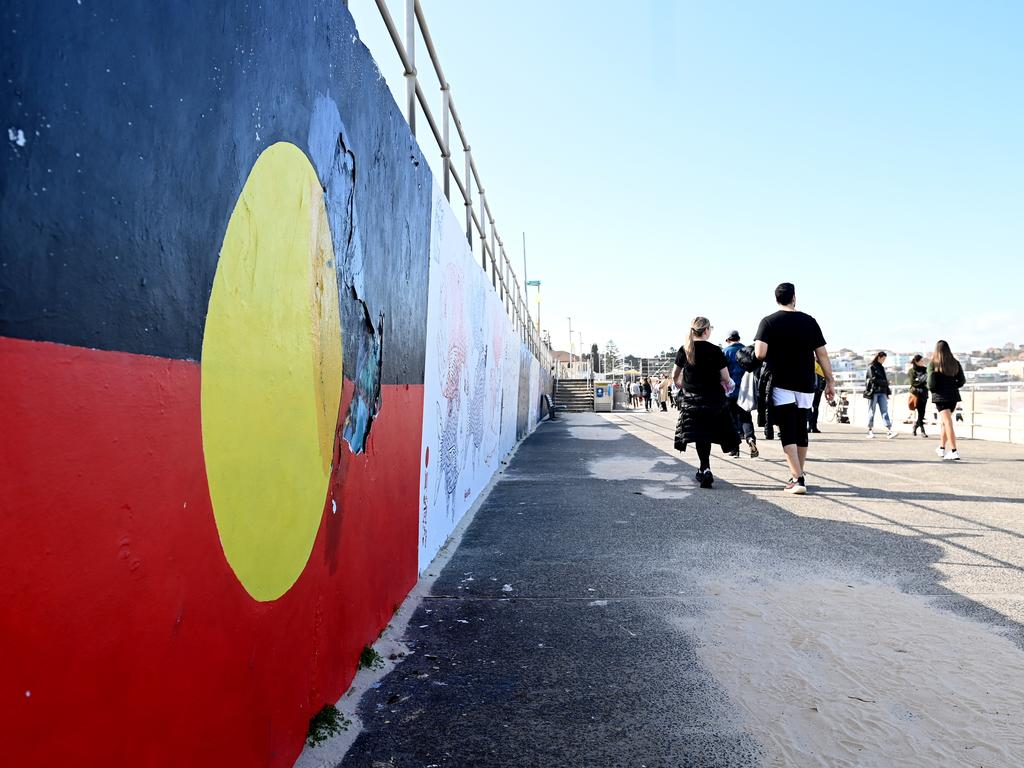
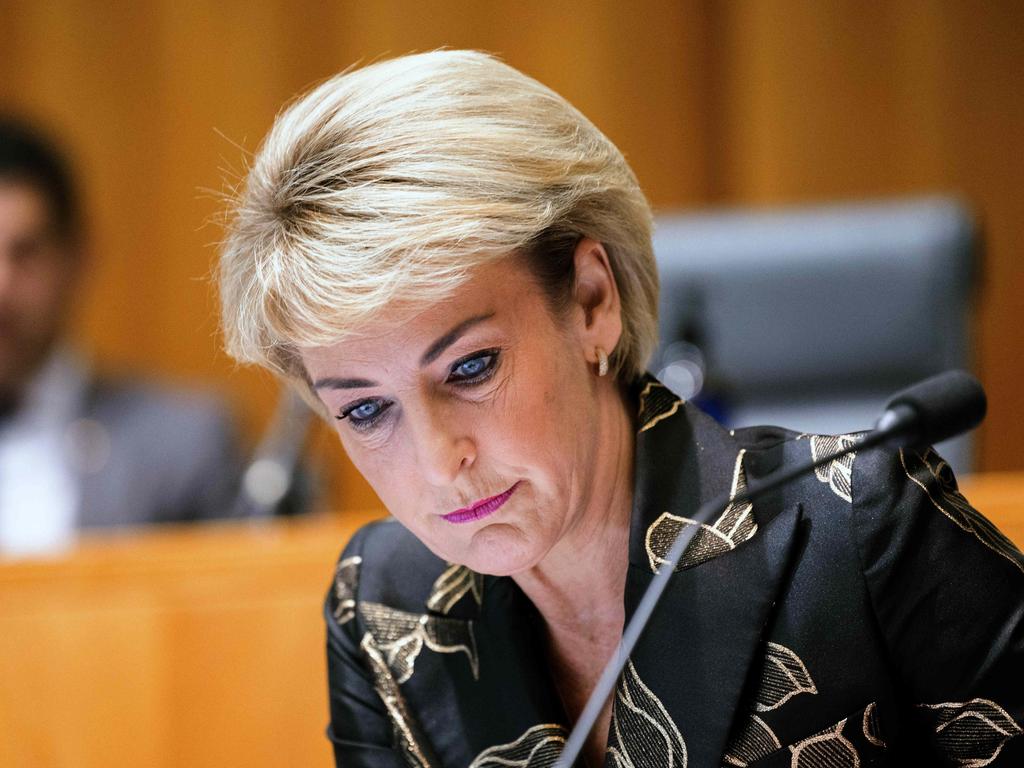
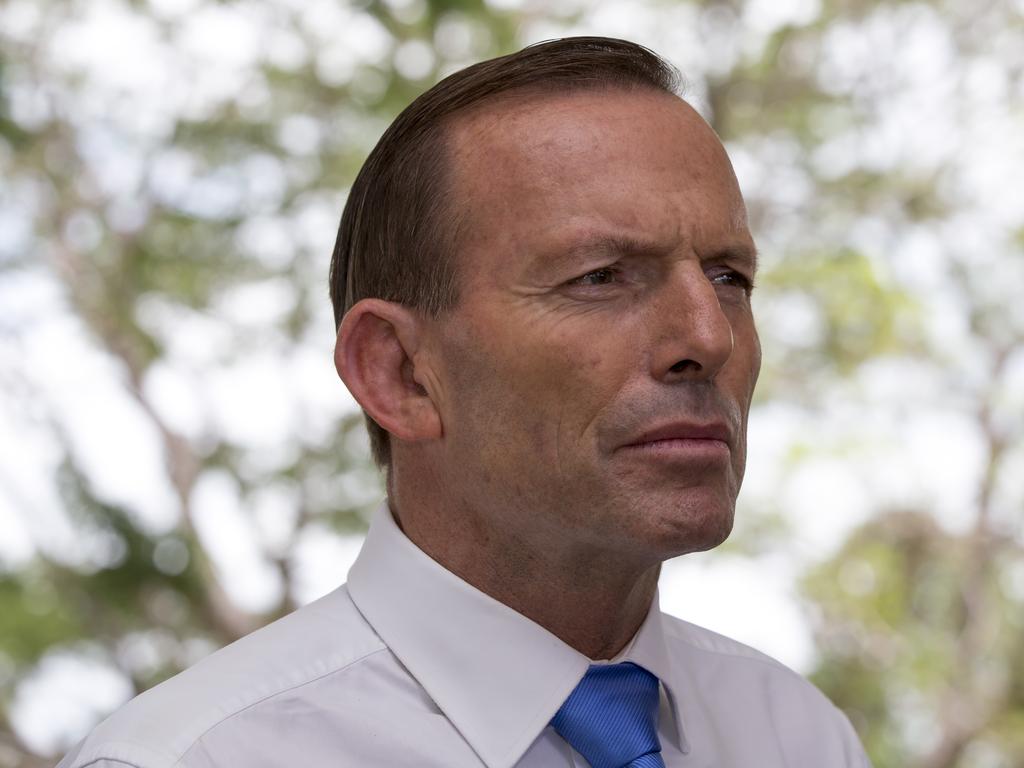



The shadow Attorney-General Michaelia Cash has asserted that the voice to parliament is divisive and breaches discrimination laws. She is wrong. Seeking to overcome the systemic discrimination Indigenous Australians face, is entirely consistent with our racial discrimination laws.